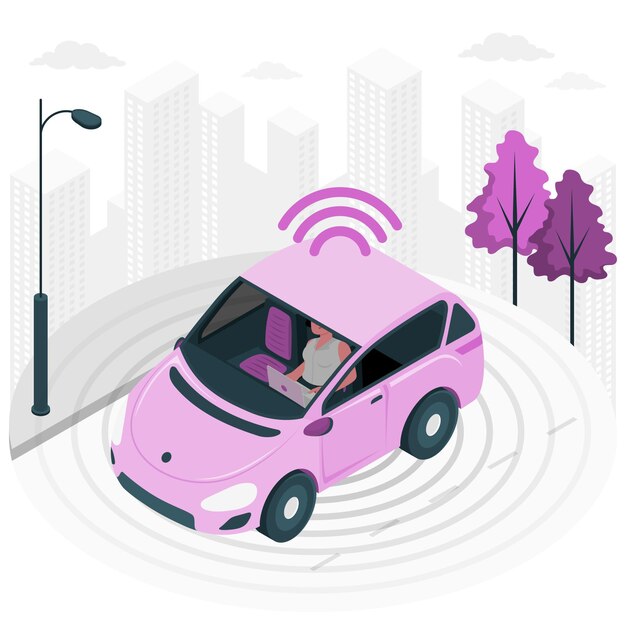Who Bears the Cost When a Driverless Car Crashes?

Thatcham Research and the Association of British Insurers (ABI) have teamed up to address the complex issue of insurance claims as autonomous vehicles become more common.
One major hurdle for the future of self-driving cars is figuring out who’s responsible if an accident happens – the driver or the car. To fairly settle claims, it’s essential to know who was controlling the vehicle at the time of a crash. Peter Shaw, CEO of Thatcham Research, emphasized that future laws need to protect consumers by swiftly identifying who’s responsible and who pays after an accident. “Was it the driver’s mistake or a glitch in the automated system? Insurers need key crash data to determine this. We urge car manufacturers and lawmakers to collaborate with the insurance industry to create a system for accessing this information,” Shaw said.
British insurers are leading the push for an international standard set of data that would be easy to access after an autonomous vehicle accident. This data would reveal if the vehicle was in self-driving mode and what technology was being used at the time. Shaw points out that having standardized data quickly available serves everyone’s interest. It helps establish liability, aids emergency services, speeds up insurance claims, and allows car manufacturers to improve their products.
If faulty technology causes an accident, insurers should be able to claim costs from the manufacturer, which helps keep premiums down, according to the ABI. The data insurers seek only pertains to the autonomous systems and driver interaction, not overall driver performance.
The proposed data collection would cover 30 seconds before to 15 seconds after an incident, including GPS location, whether the vehicle was in autonomous or manual mode, what kind of driving the vehicle was doing, the point at which it switched to autonomous mode, the last time the driver interacted with the system, any driver actions like braking or steering, and whether the driver’s seat was occupied and seatbelt fastened.
The UN body responsible for vehicle regulations plans to set its own data requirements for manufacturers starting in 2019, which UK insurers hope to influence for the benefit of drivers. Huw Evans, ABI’s director general, mentioned that insurance is an innovative field that adapts to new technology. “We’ve designed new ways for people to manage their car insurance on their smartphones and are developing a service to track pension savings online. Insurance supports technological advancements in other sectors, and we fully support the development of self-driving cars. To ensure road safety and protect customers, basic data must be easily accessible to clarify responsibility when things go wrong,” Evans explained. This measure aims to reassure the public, assist in police investigations, and support prompt insurance payouts.